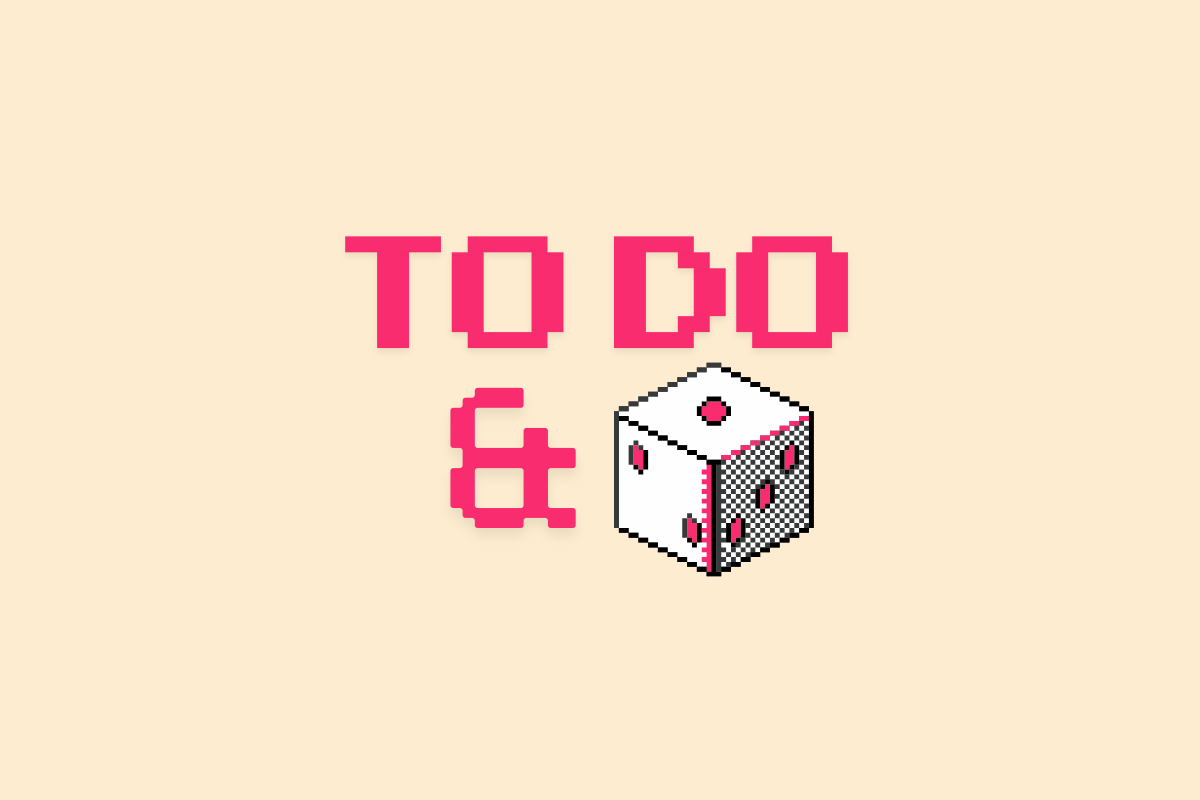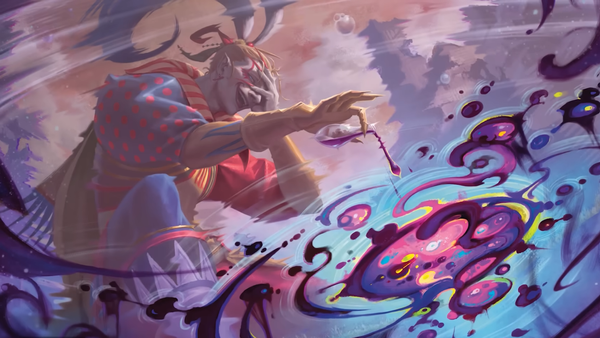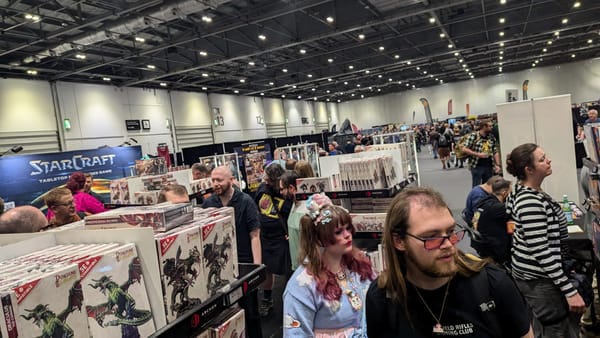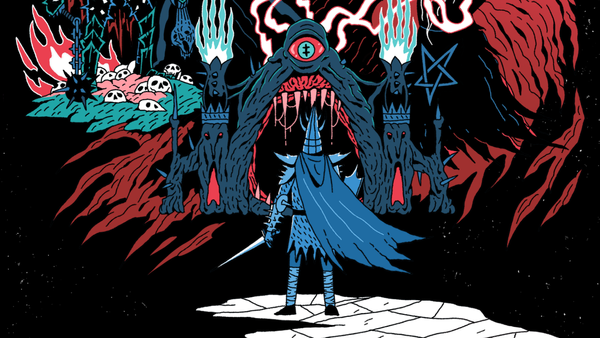What if all games were more like lyric games?
The first edition of Brandon O’Brien’s monthly column, To Do and Die

Of the myriad games that I cannot get out of my head, the ones that I consider quintessential examples of what games can do, chief among them is Taylor LaBresh's We Are But Worms.
It is a one-word RPG. One would reckon that such a limitation would severely wound its ability to evoke complex gameplay, but such brevity actually unlocks far deeper play. The game gives a command, and you fulfill it—but even more so, the act of simply reading is meant to evoke something. Without spoiling, the very word the game chooses is so meaty that it feels like the game is not merely telling you what to do, but giving you permission to figure out what it means to do that thing. It wants you to ask yourself questions about your own body, how you move in it, and how other people see you do it. It immediately asks, "what does it mean to even try to play this game, rules as written?"
Moments like this are the real draw of lyric games, to me. Ever since John Harness named the subgenre of tabletop roleplaying games in 2019, so many of its elements have teetered on difficult definitions—it carries an indie vibe, many of the games in its genus will be about 'performing' in otherwise commonplace experiences, and it often strips itself of many of the elements that otherwise define tabletop play, both in the material sense (such as eschewing dice or stats in favour of pure performance) and in the more dramatic sense (such as, whenever possible, even tearing the veil between 'player' and 'character').
But there is something there that is ultimately so deeply part of the experience of a lyric game that it is needed for the rest to be accomplished, and it is all tied up in the act of being read.
Take one of my favourite game books, Avery Alder's Variations On Your Body. The four games bound within are so quintessentially lyric as of Harness' description; where other games may hew to one part or another of these nebulous tenets very strongly, to me each experience in this book is doing all of these things all at once.
They're also—most importantly—pure delights to read.




